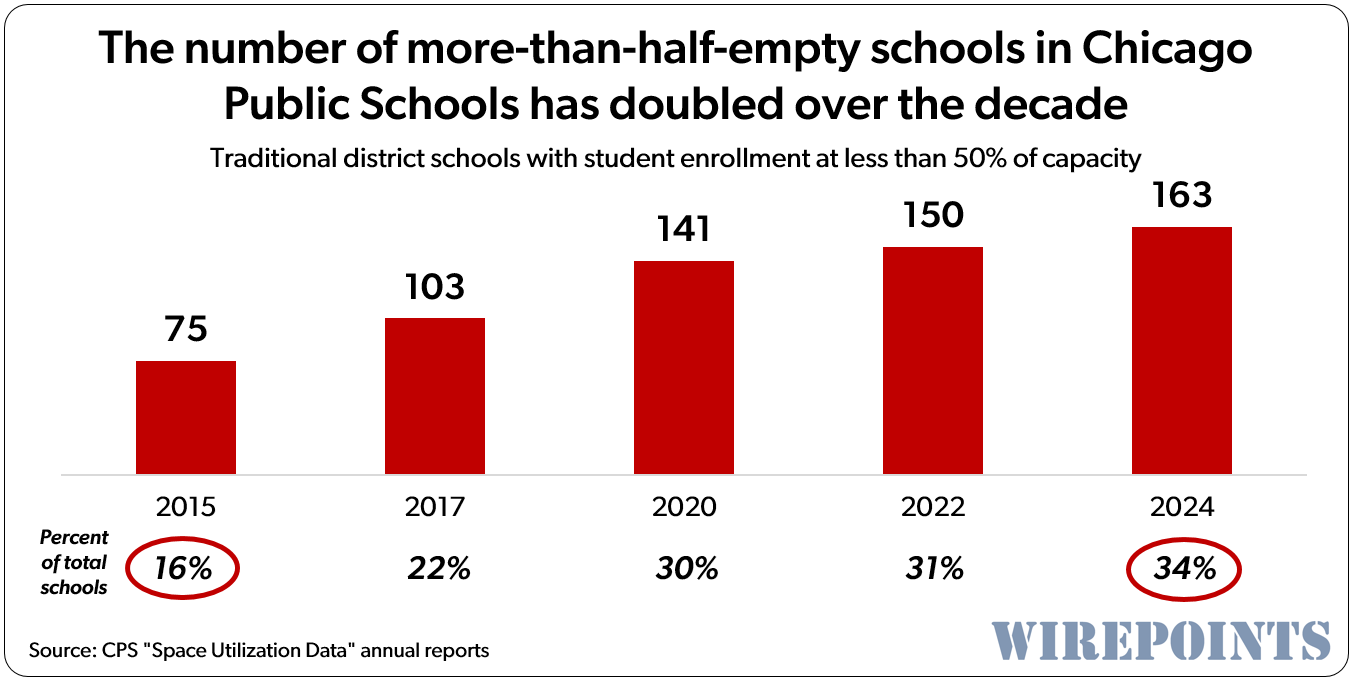By: Mark Glennon*
If you follow the state and local fiscal crises, you know the bulk of our problems derive from 1) public pensions, and 2) for Illinois municipalities, unfunded mandates imposed by state government.
What’s the root cause of both? Excessive public union power that bought unaffordable promises.
For pensions, that story is fairly well accepted. Less known is that municipalities have little discretion to control most of their budgets, particularly on payroll. Municipalities commonly pay an additional 60% on top of salaries to cover pensions and other benefits because those are mandated by the state. That’s absurdly high. For young technology companies that I work with, when doing financial projections we usually use 18% to 20% of salary to estimate benefit costs. Larger companies are more, perhaps 30%, but nothing approaching what Illinois municipalities are forced to pay.
Those unfunded liabilities are the dirty, untold secret. Public unions at the state level, for decades, have bought the influence they need to for state lawmakers to impose those mandates, which easily escaped scrutiny because there’s no direct impact on the state budget. If you want to see an Illinois legislator squirm, just ask about unfunded mandates on your town or city.
Rauner’s executive order on Monday bars public unions from requiring state workers to pay the equivalent of dues. That will hit the unions in their pocketbook, which they have used to buy their influence. That’s why the order is so critical to reforming the state.
Rauner’s order does not apply directly to municipal workers, but it will still crimp union capacity to buy unfunded mandates. Public unions lobby jointly on many issues, run coordinated PAC strategies, and some memberships overlaps. Also, if Rauner’s argument that his order is constitutionally required prevails in court, local workers, too, would be free to choose.
But the emotional element of this issue may be more important than the fiscal one. It is for me. Here’s my story:
One of my first jobs, like many kids, was bagging groceries during a summer. Mine was at a Jewel in South Chicago Heights. A couple days after I started a guy came out from the produce department and handed me some forms to sign. He was the union rep. I had nothing against unions and the dues were small, but I sure didn’t like being forced to join something I did not understand. “What if I don’t want to sign these,” I asked? “Well, kid,” I clearly remember him saying, “you know how most baggers usually move into produce and get a raise after a few months? Well, it ain’t gonna happen with you.”
That kind of pressure, though often more subtle, is rampant and unavoidable without a rule like Rauner’s. Forget the nonsense about “fair share” or splitting out costs for this or that. Most new employees have the sense to keep their heads down and make no enemies, so they sign what they are pressured to sign. I often ask friends and family who are teachers, and mostly moderates, why they don’t stand up against teachers’ unions they despise. It’s because they may eventually want tenure, a raise, a transfer or whatever, and they know the union people are powerful and vindictive.
Monday was historic for Illinois. Let’s hope the courts understand why. And special praise to Rauner for initiating the legal case in a Federal court — a real court not ruled by political hacks and pensioners, and hiring his own counsel — instead of relying on Attorney General Madigan. Remarkably, Rauner has prominent trial lawyer Dan Webb and the firm of Winston & Strawn doing the work pro bono — for free!
*Mark Glennon is founder of WirePoints

 A set of state lawmakers want to extend CPS’ current school closing moratorium to February 1, 2027 – the same year CPS is set to transition to a fully-elected school board. That means schools like Manley High School, with capacity for more than 1,000 students but enrollment of just 78, can’t be closed for anther three years. The school spends $45,000 per student, but just 2.4% of students read at grade level.
A set of state lawmakers want to extend CPS’ current school closing moratorium to February 1, 2027 – the same year CPS is set to transition to a fully-elected school board. That means schools like Manley High School, with capacity for more than 1,000 students but enrollment of just 78, can’t be closed for anther three years. The school spends $45,000 per student, but just 2.4% of students read at grade level.
 Hopefully, all media will get the message, in Illinois, too.
Hopefully, all media will get the message, in Illinois, too. Ted joined Tom Miller of WJPF to talk about Illinois’ highest-in-the-nation property taxes, why lawmakers don’t want to touch the tax’s cost drivers, just how much Illinoisans’ tax burden has grown over the decades, why Gov. Pritzker failed to meet his promise to reform property taxes, and more.
Ted joined Tom Miller of WJPF to talk about Illinois’ highest-in-the-nation property taxes, why lawmakers don’t want to touch the tax’s cost drivers, just how much Illinoisans’ tax burden has grown over the decades, why Gov. Pritzker failed to meet his promise to reform property taxes, and more.
Why dont you correct your artical that Dan Webb had a conflict of interest and could not take the case?
OK, Paul, here you go: Dan Webb and the law firm of Winston & Strawn, who initially sought to represent Rauner, did what lawyers are supposed to do when they discover that other clients have conflicting interests — they dropped out, saying they were unable to obtain waivers from those other clients. With the state, however, it’s a different story. Attorney General Lisa Madigan has received over $1.5M in cash from unions — just the type of conflict of interest that would force any ethical lawyer to decline representation. And since this case is ultimately intertwined with union clout on… Read more »